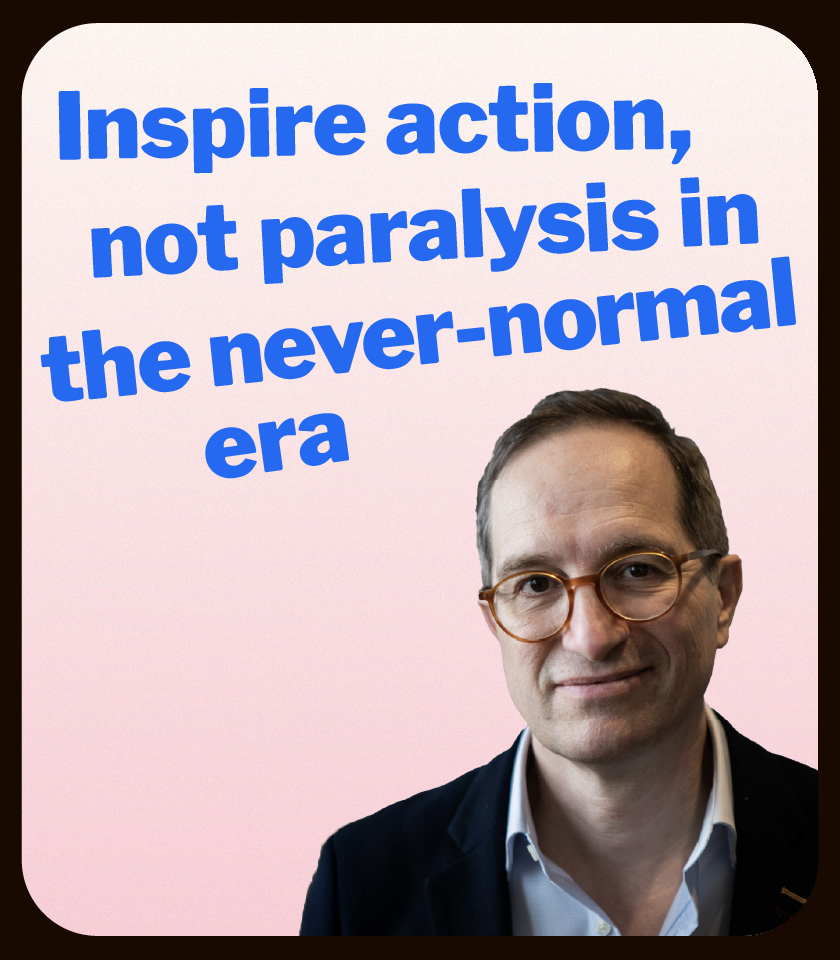With the quick rise of audio-only platform Clubhouse and the subsequent attempts by Facebook and Twitter to establish their own versions of the newest social media darling, it seems like social audio could be the next frontier to explore.
So, what is Clubhouse? Part podcast, part conference call, and part networking event, the audio-only social platform allows brands and individuals the opportunity to speak straight to an engaged, opted-in audience. The app labels itself a “space for casual drop-in audio conversations” with three types of users - speakers, listeners, and moderators. The app currently operates on invitations, where existing members of Clubhouse have to extend an invitation to interested users in order for them to set up an account. Once you’re invited in, Clubhouse prompts you to follow people and topics that interest you. Word to the wise - once you decide to drop in on a chat, you can raise your hand to chime in or be called on to give an opinion, so it’s important to pay attention.
However, despite being the initiator of the social audio trend, recent reports indicate that Clubhouse may not be able to shake off the competition as easily as, say, TikTok has. Daily category rankings for the app have been steadily declining in recent months, due to a variety of reasons. In comparison, TikTok continues to be one of the most downloaded apps in the world, despite bans in key areas and copycat functions being added across other social media sites, indicating that visual mediums are still a key player in the social space.
Curiosity in the product is still relatively high, but the limitations of its tech, increasing competition, and brand safety concerns are hindering adoption. As a result, rising competition from established platforms with advanced capabilities is a real concern. Additionally, a rise in hate speech and a data breach that led to the release of 1.3M users’ personal information being shared online does not bode well for a platform in the early stages of growth.
While Clubhouse is currently organic-only, brands are beginning to enter the space to speak on their products - with varied success. Several brands are building relationships with consumers by hosting chats directly - including MilkBar, Kool-Aid, and Politico - which seems to align with the expectations users have of the platform itself. Others have opted to look into the possibility of piggybacking on influencer success via partnerships, though the app seems to be discouraging it, according to content strategy experts. In an interview with Digiday, Restaurant Brand International’s chief communications officer, Duncan Fulton, said “the longer the brands can maintain that without gaming it, the longer the platform will be a powerful tool for conversations people care about.”
As such, if a brand wants to join the Clubhouse, utilizing it organically as a thought leadership tool is the best bet; however, a “wait and see” approach while updates are made makes more sense long-term. While the service does seem like an interesting innovation in the social space, it is still in its infancy. If you’re looking to gain a greater understanding of if and how your brand can leverage social audio to achieve your marketing goals, our experience team is here to guide you.




.png)



